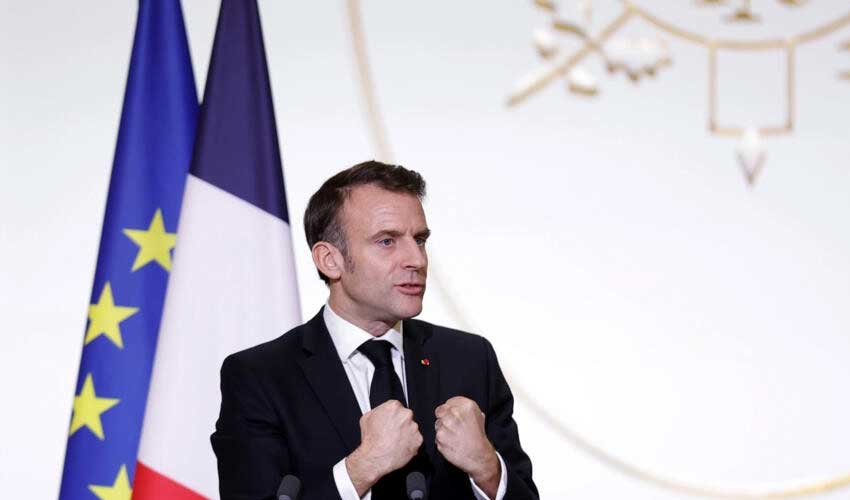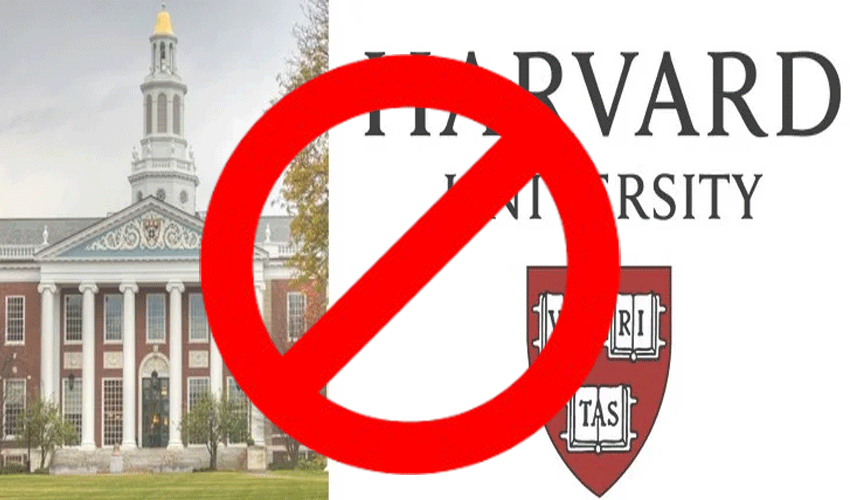In a bid to infuse new energy into his second term, French President Emmanuel Macron called on his ministers to be "revolutionaries" during the first cabinet meeting led by Prime Minister Gabriel Attal.
Despite the reshuffle, key figures like Finance Minister Bruno Le Maire and Interior Minister Gerald Darmanin retained their positions, prompting criticism for the lack of substantial change.
Macron emphasised his desire for proactive ministers, stating, "I don't want managers; I want revolutionaries." The move to appoint the young and articulate Attal as prime minister aimed to rejuvenate Macron's leadership, given the challenges posed by a lack of an absolute majority in parliament.
However, the gender balance in the new government raised concerns, with several high-profile ministries still occupied by men. Departing foreign minister Catherine Colonna criticised Macron for not prioritising gender equity, particularly as women were relegated to what she termed "gendered ministries."
The consolidation of health, labour, and solidarity into a "super-ministry" led by Catherine Vautrin and the addition of education and youth to Amelie Oudea-Castera's responsibilities drew scrutiny over potential neglect of critical sectors. Health professionals expressed scepticism, questioning whether the nomination was a genuine commitment to prioritising health or a sign of its diminished importance.
The perceived sidelining of health issues prompted concerns about the effectiveness of the new government's approach to vital sectors. Despite promises of reforms, critics argue that Macron's reshuffle falls short of boldness and transformation, leaving key concerns like health and education relegated to the background.



























